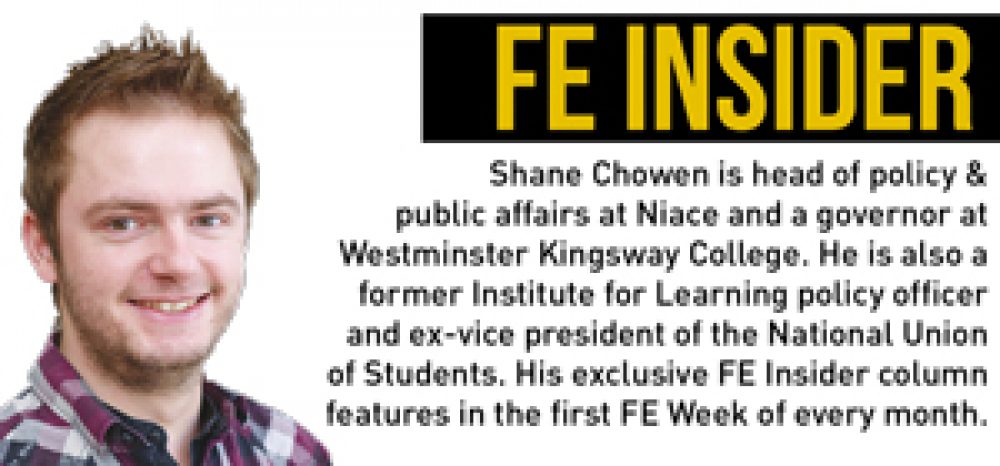My last column was all about the politics of FE. I got a few encouraging responses publicly on Twitter and some, let’s say, agitated responses from people concerned about what the general election results will mean for our sector.
To be clear, I am done talking about the latter and want to focus now on encouraging the sector to maximise the influencing opportunities now open to us.
For a few years now, prior to major events like the annual Budget and Autumn Statement, Her Majesty’s Treasury invite organisations, the public and Members of Parliament to make written representations for consideration as part of the policy development process. The Treasury says this is part of “open and transparent policy-making” to attract “original and innovative ideas”.
I want to convince you that sending in a response on behalf of your organisation/provider is a valuable few hours of your time this week.
Talk about how you are helping your local employers create jobs and how you’re helping unemployed people gain the skills and experience to access to the labour market
FE and skills is under-represented
Countless inches in this very newspaper have decried the lack of knowledge and representation resulting in bad policy. There seems to me to be two ways around this. A more diverse Parliament and Civil Service would be excellent but is probably a longer term ambition. Second, we take every opportunity possible to, as educators, inform and inspire interest, passion and understanding with decision makers.
Information released under a Freedom of Information request that lists the names of organisations and Members of Parliament who have submitted representations ahead of two years worth of Budgets and Autumn Statements show that, surprisingly, the education sector as a whole doesn’t currently engage in this process.
Businesses, energy companies, retail associations, finance organisations and professional associations feature on the list. I think the permanent addition of colleges and providers on that list would be a great start to raising our collective presence and influence in policy.
Devolution
The Conservative Party has made clear its ambitions to devolve more powers to cities. Core and Key Cities are setting out what areas of public policy they want more control over. Education and skills features to varying degrees, ranging from full planning and funding to co-commissioning models through Local Enterprise Partnerships. The Treasury, as the government department with a key role in this agenda, will want to see how providers are already interacting with local employers and the impacts those relationships are having on employment, progression, social inclusion and productivity. As national organisations, we can only ‘fly the flag’ to an extent so responses from local employers will be a powerful addition.
Keep it short and namedrop
Ahead of the Budget in 2014, the Treasury received 171 written representations. For the Autumn Statement later that year, 194 were sent in by organisations and Members of Parliament. This means we face tough competition for attention. Written representations should be short, at two pages maximum, and should, as far as possible, offer solutions to problems that will interest Treasury officials. We know the Conservatives want to strengthen our economy and achieve full employment, so talk about how you are helping your local employers create jobs and how you’re helping unemployed people gain the skills and experience to access to the labour market. ‘Full employment’, ‘productivity’, ‘helping small businesses’ and the like are things to talk about.
CC your MP
Whether or not you have a relationship with your Member of Parliament, it is a good idea to send your Treasury representation to them. It’ll be a good tool to form a relationship with a new MP should you have one in your constituency and will be the kind of ammunition/evidence that MPs like to have to hand when in discussions with Ministers.
I hope I’ve convinced you to make a submission. They have to be submitted by Friday (June 5) and details on how to submit can be found on the Treasury website.









Your thoughts